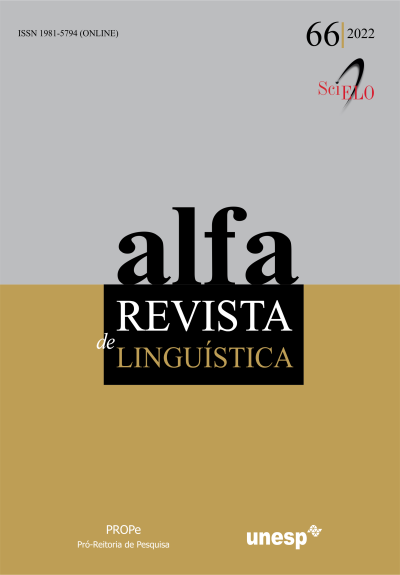Reading comprehension of students of primary school II
A study on performance using different types of tasks and inferential categories
DOI:
https://doi.org/10.1590/1981-5794-e13554Keywords:
reading comprehension, inferential category of questions, primary schoolAbstract
This research had the goal to examine the reading comprehension of primary school students according to their level of education and the proposed tasks. The research subjects were 62 students from the 6th to the 8th year of Primary School II, from a public school in the city of Porto Alegre (RS / Brazil). Data collection was performed using Questionnaire, True or False and Multiple Choice. The questions had a correspondence with the contents, inferential categories, and Cloze. Each subject answered only one task. This distribution was carried out randomly in each class of students. The collected data were organized and treated statistically, thus enabling the following results: a significant difference in reading comprehension (p = 0.007) in regard to the level of education, indicating progression of scores as the schooling process goes on; a significant difference (p = 0.003) regarding the type of task, in which Multiple Choice task presented the highest average score (4.43), the True or False task showed the lowest average score (2.60) and the Quiz tasks and Cloze indicated intermediate averages (3.29 and 3.28, respectively); and a development on the ability to make inferences (relating to the inferential category) was seen as the educational level increases.
Downloads
Downloads
Published
How to Cite
Issue
Section
License
Manuscripts accepted for publication and published are property of Alfa: Revista de Linguística. It is forbidden the full or partial submission of the manuscript to any other journal. Authors are solely responsible for the article's content. Translation into another language without written permission from the Editor advised by the Editorial Board is prohibited.

